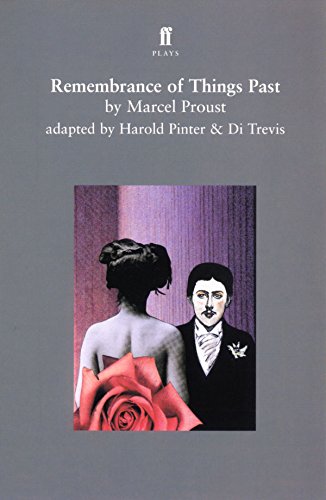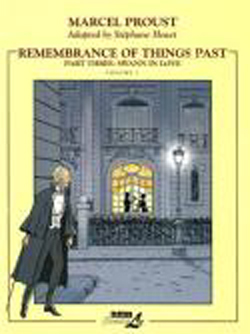

In fact, many scholars argue it is the book’s true beginning. Spanning seven volumes, it may be the longest novel in history, but the madeleine scene crops up in the first few pages: even the most cursory of Proust’s readers know this scene. Of course, there is one, quite simple reason the madeleine constitutes the sum total of most people’s knowledge of Proust. This means smell gets lodged in our memory in a way that doesn’t get interfered with – we don’t buff them up with talking about them.” “They have names for the sources of smells, or for tastes, but there are few words to describe the quality of odours. “People don’t have names for smells,” says Smith. The reason smell is missing from Proust’s scene – or, rather, that it is bound up in his description of the taste and texture of the tea and the soggy cake crumbs – is that they are more difficult to define. As Barry Smith, a philosopher and founding director of the Centre for the Study of the Senses, explains, to smell something is to directly project upon the amygdala – “the centre of the brain responsible for memory and arousal”. Smell on the other hand – and when we talk of taste we really mean smell, as aroma accounts for 75% to 95% of what we think we are “tasting” – has a special capacity to trigger memories because we smell before we think.

Yet to most of the world – even to most of the inhabitants of his hometown of Illiers-Combray, where the air is filled with the scent of baking madeleines and the shops are stuffed with cake-shaped souvenirs – Proust is best known for his confectionary choices, thanks to one scene early on in the book, when a mouthful of “those short, plump little cakes…which look as though they had been moulded in the fluted scallop of a pilgrim's shell” unlocks the protagonist’s memory of his aunt Leonie who on Sunday mornings would feed him “a little crumb of madeleine… dipping it first in her own cup of real or of lime-flower tea.”įor a long time, the French equivalent of Desert Island Discs as called Madeleine Musicals. As Graham Greene observed: “For those who began to write at the end of the 1920s or the beginning of the 30s, there were two great inescapable influences: Proust and Freud, who are mutually complementary.” In À la recherche du temps perdu, or Remembrance of Things Past, Proust created not just a novel, but a universe, vividly and exquisitely rendered over 1,267,069 words that are as remarkable for their psychological accuracy as they are for their quantity. In the Celtic Star's analogy, watching one moment of football invoked memories of another, which highlights a common misunderstanding of the Proust effect and the gulf between Proust and the sensation that bears his name. The madeleine moment – or Proust effect – the writer went onto explain, concerned “the ability of memory to be invoked involuntarily when it had been previously blocked”. It was inspired by À la recherche du temps perdu, a novel by Marcel Proust, one of the most celebrated French authors of the 20 th century. Reading idly over my dad’s shoulder, I was intrigued how the writer was possibly going to apply France’s most famous literary device to a 2003 goal against Sevilla. In April 2020, the Celtic Star – newsletter of Celtic Rangers FC – published a piece titled ‘ A madeleine moment stretched over the next 11 seconds in Oporto’.


 0 kommentar(er)
0 kommentar(er)
